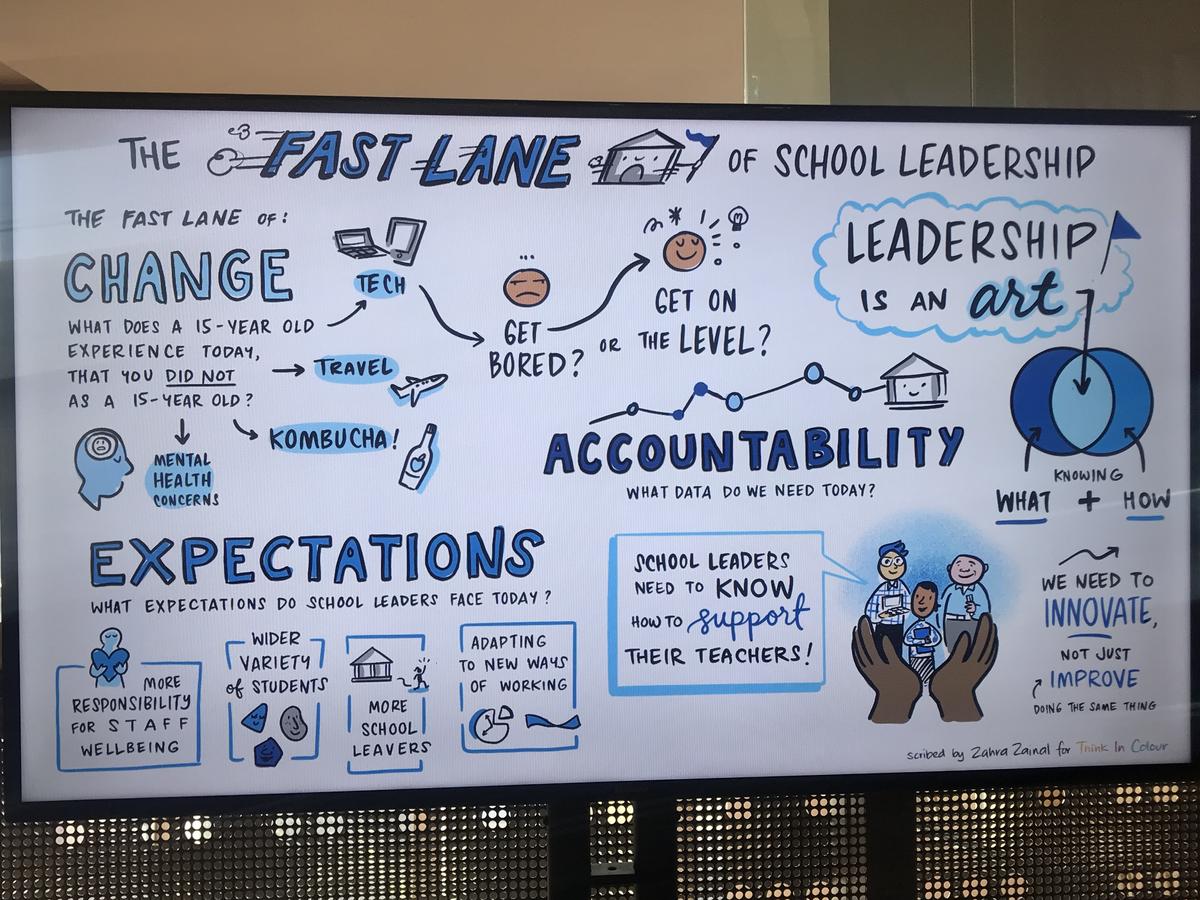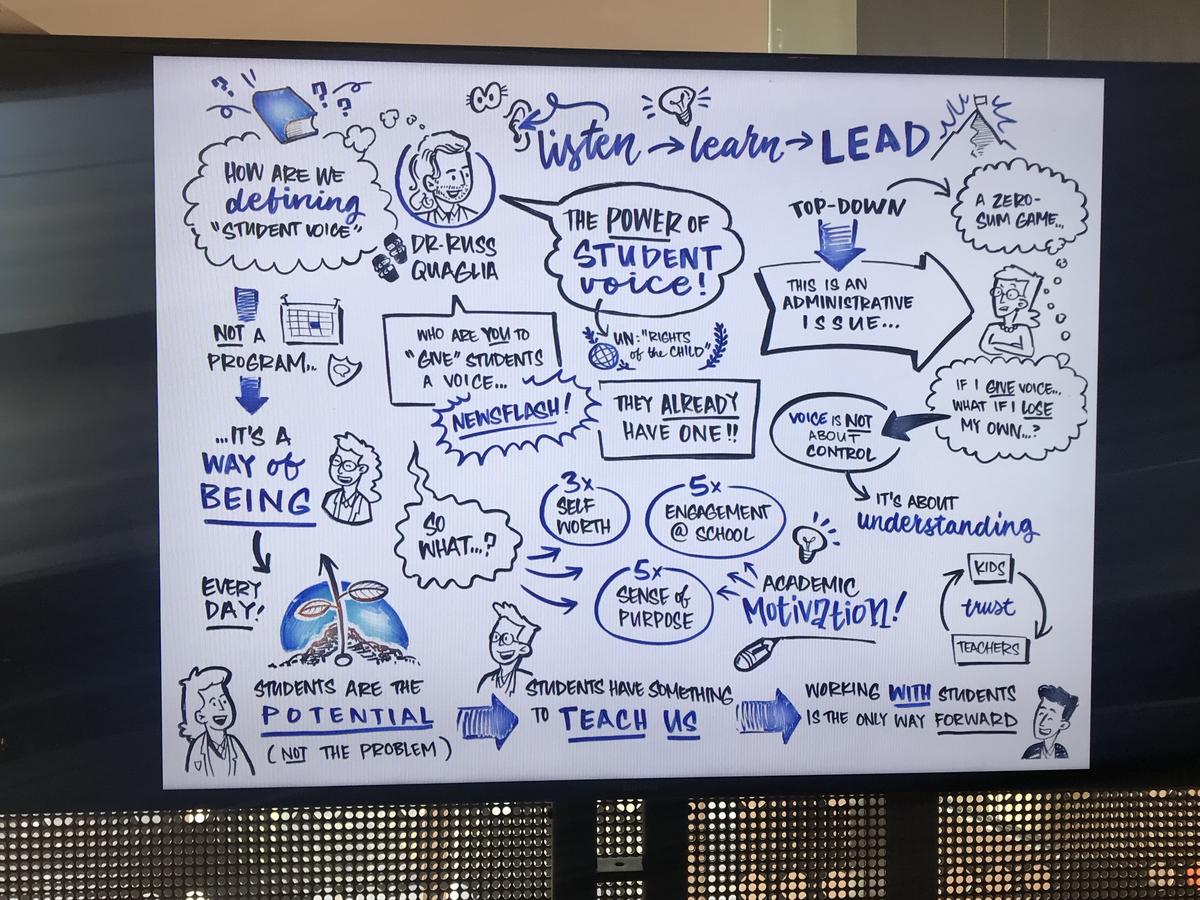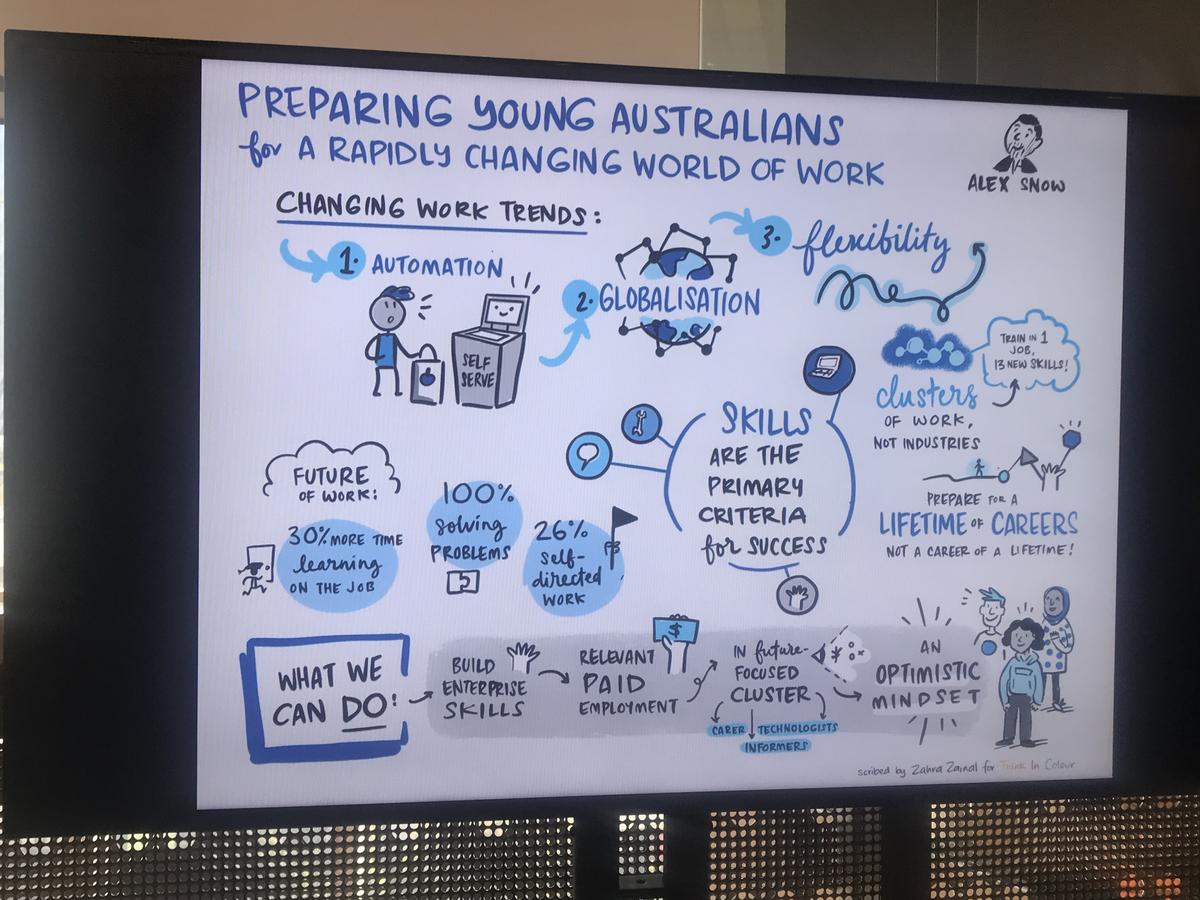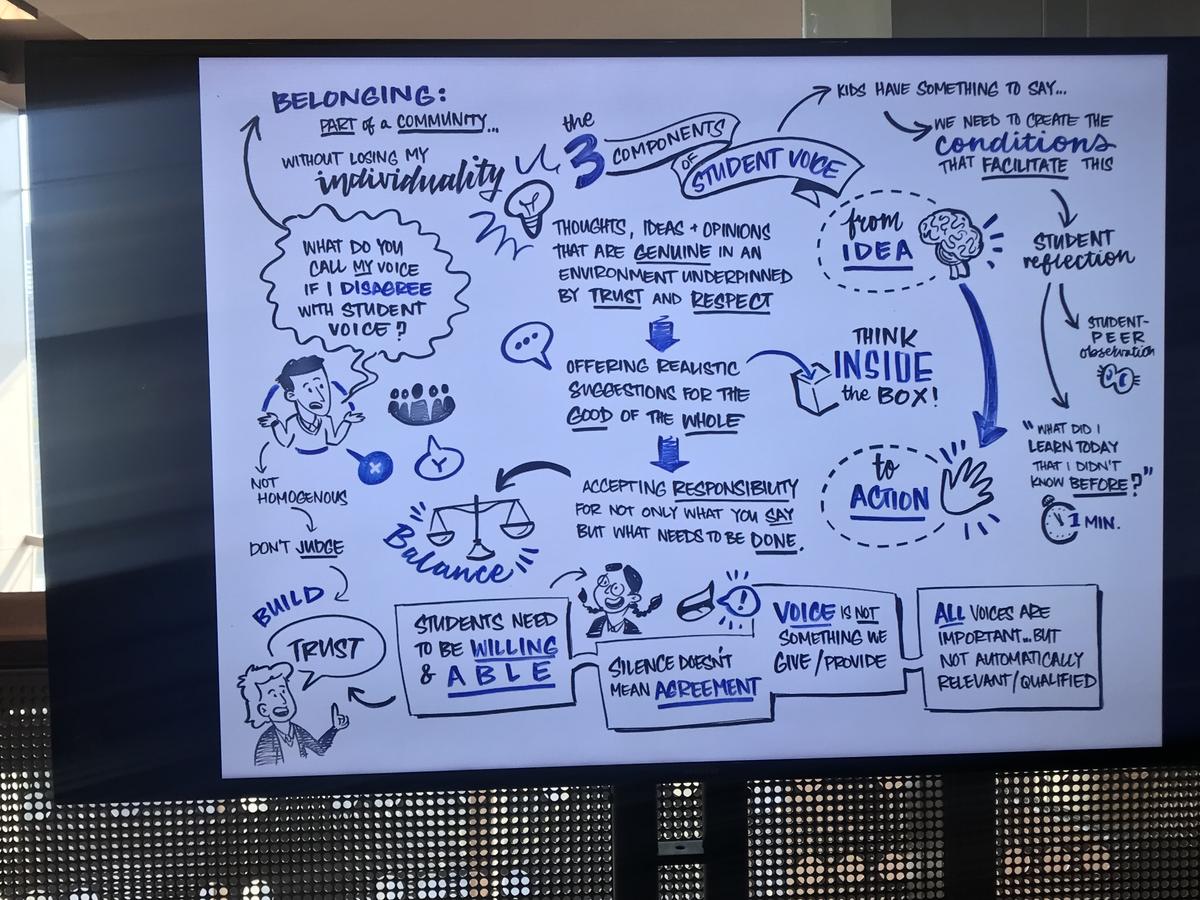Leadership
Professional
Learning
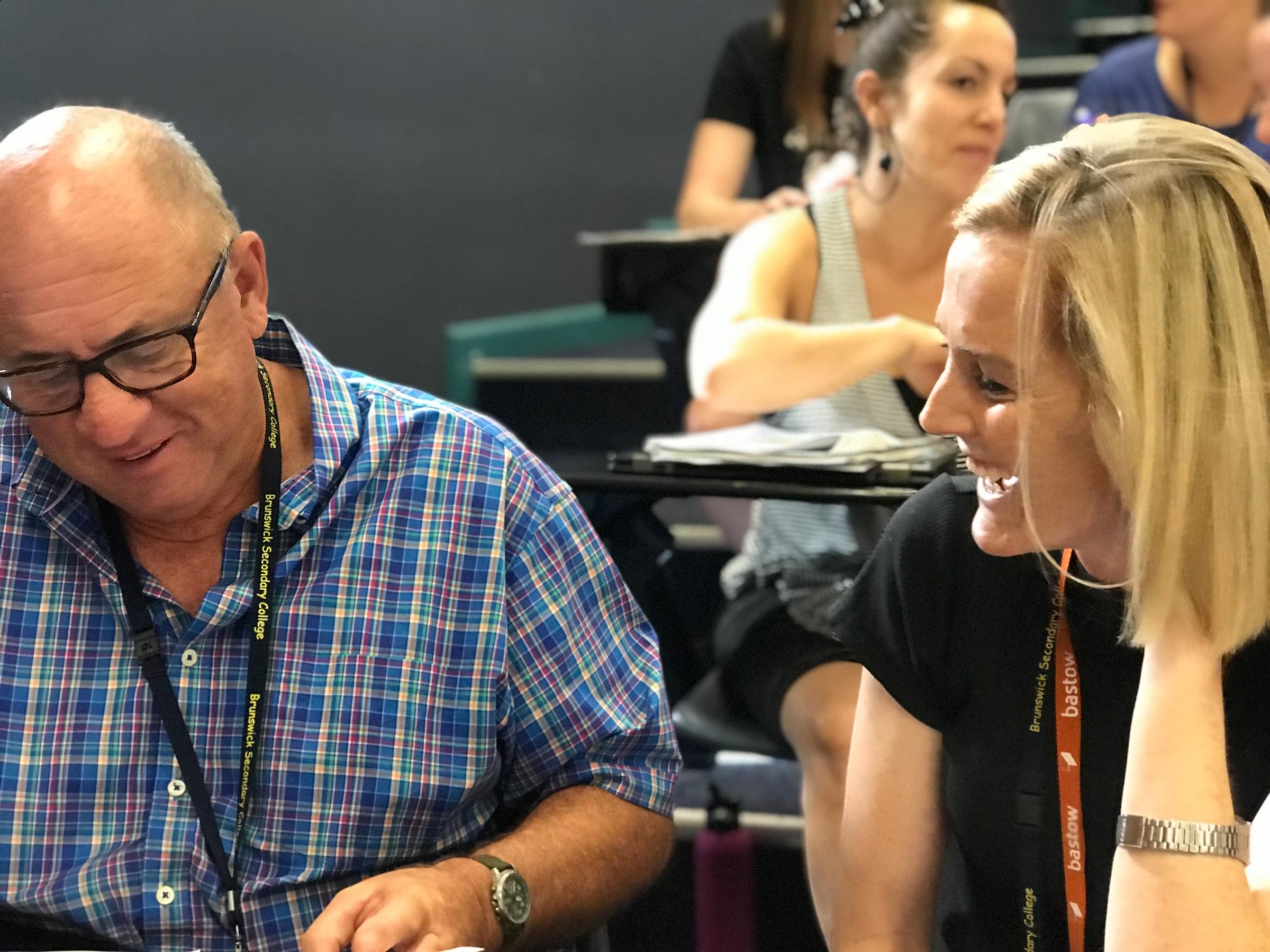
Leadership
Professional
Learning
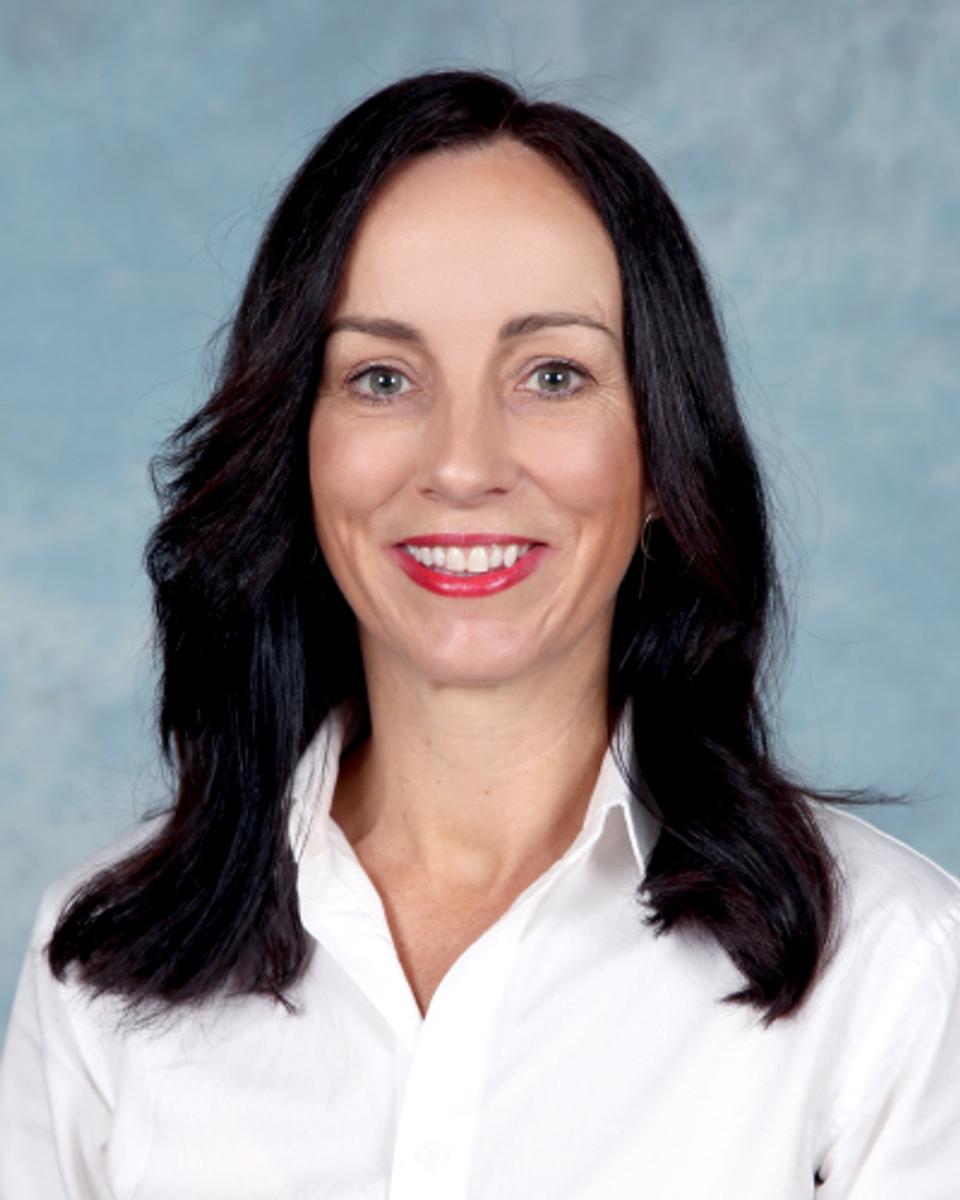

Claudia Johnson
Assistant Principal
Ongoing professional learning is important to provide direction on best education practices, evidence-based strategies to promote successful implementation, and inspiration for persevering in the face of competing demands. In any industry, relevant professional learning sets organisations up to succeed, and education is no different.
Recently, our Principal Team and members of the Leadership Team have accessed some of the best and most current - and sometimes provocative - leaders and researchers in education. Speakers have come from Australia as well as the UK, USA, Canada, and New Zealand. The learnings and questions we bring back to Brunswick Secondary College drive our weekly staff professional learning and our investigations into innovative teaching and learning practices.
Dr Shiralee Poed is a Doctor of Philosophy and prominent researcher at the University of Melbourne on inclusiveness in schools. Shiralee spoke compellingly about School Wide Positive Behaviour Support and how critical it is for Australian schools to move beyond a punitive crime and punishment model of behaviour management to a model where expected social and emotional behaviour is taught.
“When a student can’t add 2 and 2, we teach them. When a student still can’t add 2 and 2, we provide further support. Behavioural learning strategies must mirror academic learning strategies.”
Dr Paul Browning has been a school leader for over 20 years and coaches school principals on the importance of building trust in schools. You can read more about Paul at his Compelling Leadership website.
Dr Tim Soutphommasane is a human rights activist and political theorist, author of On Hate, and a Professor of Practice (Sociological and Political Theory) at University of Sydney. Tim explored the role of leadership in embedding cultural and racial literacy in schools. As a culturally diverse school with over 50 languages spoken in the homes of our families, we embrace all efforts to develop student skills in global citizenship and social democracy.
Dr John Hattie has produced the seminal work on visible learning and what has the most impact on student learning. He spoke on leadership in schools, making explicit the link between effective educational leadership (or leadership of learning), and improved student outcomes.
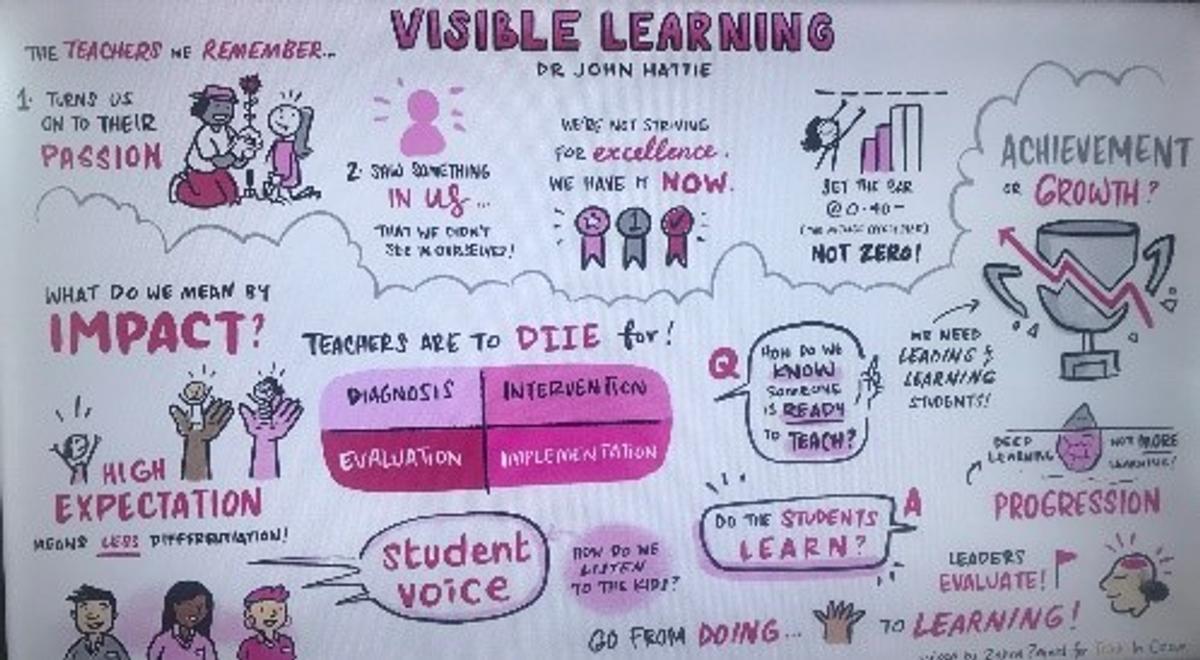

Baroness Susan Greenfield is a neuroscientist who presented recent brain research on the impact of screens on the human brain. Susan made a compelling case for limiting screen time as recommended by the Australian 24-Hour Movement Guidelines with discussion on how screens can be used productively for improved learning.
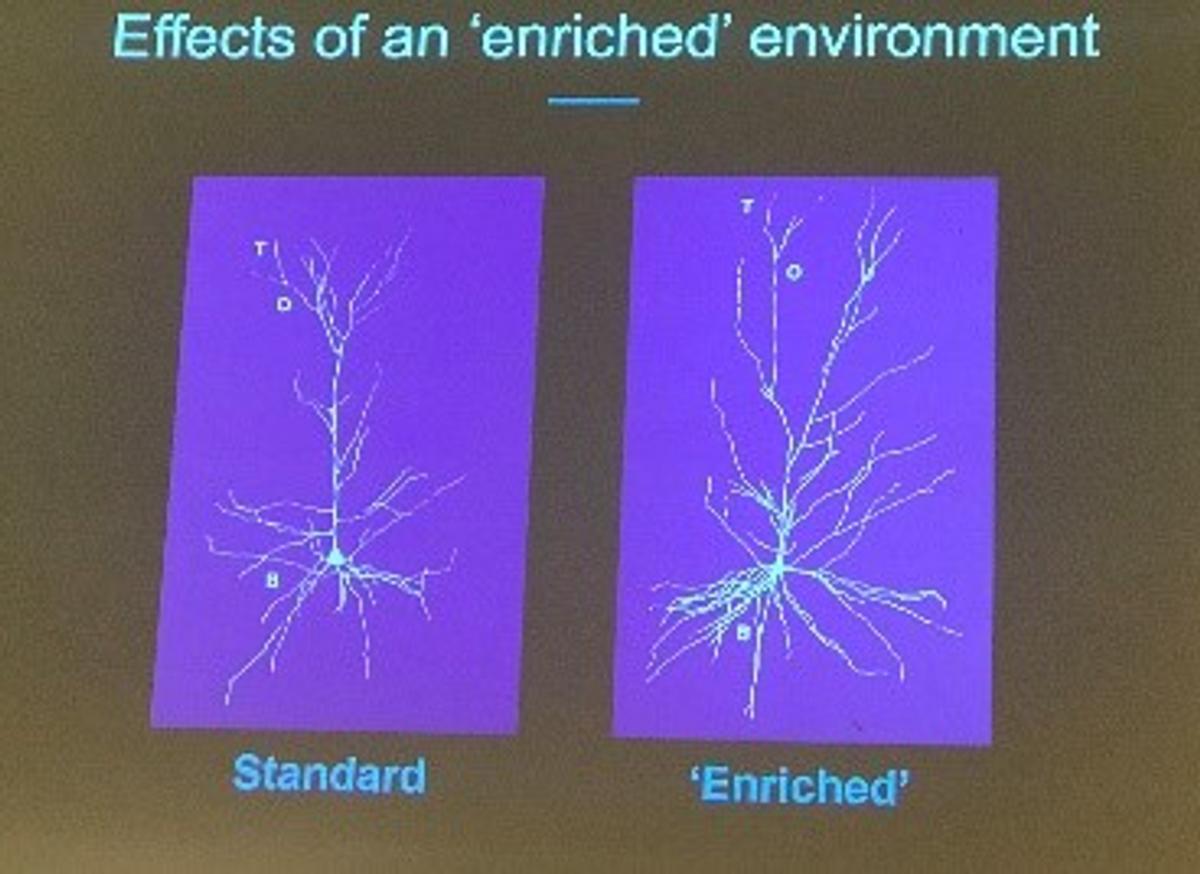

Dr Barbara Blackburn spoke engagingly on rigour, motivation and engagement and provided simple strategies for classroom teachers and leaders in schools to build rigour into learning. Additionally, Barbara explained that rigour promotes motivation and engagement, as appropriately challenging work keeps students interested.
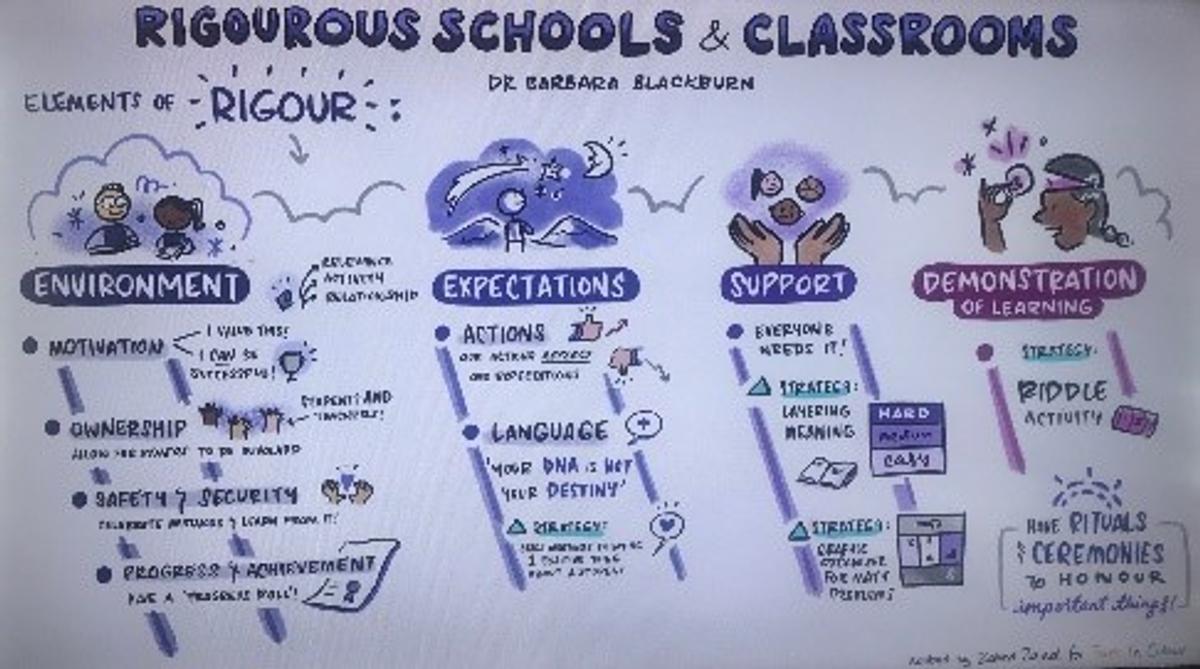

This professional learning will guide our discussion and exploration of future initiatives such as an Instructional Model that differentiates learning for all students.

